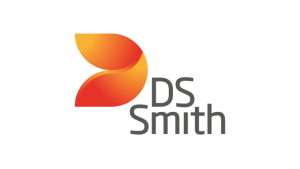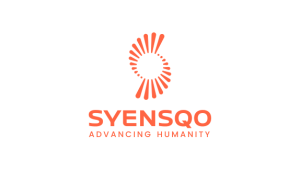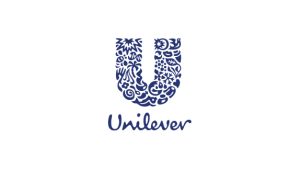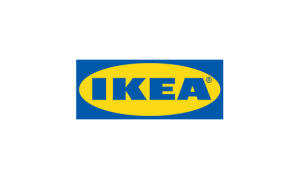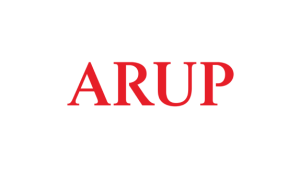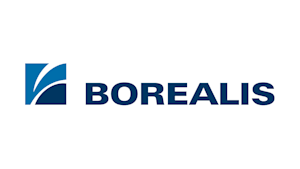
Launched in 2020, Circulytics offered a platform for companies to provide their data to the Foundation and receive an individual performance assessment based on a robust scoring methodology. With more than 2,000 companies signed up, this collective effort helped to shape the circular economycircular economyA systems solution framework that tackles global challenges like climate change, biodiversity loss, waste, and pollution. It is based on three principles, driven by design: eliminate waste and pollution, circulate products and materials (at their highest value), and regenerate nature. measurement landscape and played a critical role in driving business adoption of circular practices globally by empowering strategic decision making, providing a means to track progress, and generating opportunities to communicate success.
By 2023, a rise in market demand for data saw circular economy indicators integrated into key non-financial disclosure initiatives, and new reporting frameworks being developed to address gaps in reporting, for example around nature impact. Significantly, the first mandated circular economy reporting standard was launched to meet the requirements of the EU’s Corporate Sustainability Reporting Directive.
To support our Network to focus on the fast-evolving disclosure requirements and to streamline efforts, the Foundation has now stepped away from data collection and individual performance assessments based on Circulytics. Building on our position as a trusted and credible authority in the measurement ecosystem, we have pivoted our measurement workstream to drive harmonisation, completeness, and adoption at scale of circular economy measurement and reporting, leveraging deeper collaboration with key players and our Network.
Next steps
We are no longer accepting new Circulytics submissions.
The Circulytics methodology and resources will remain available for reference, and we will explore opportunities to enhance its value as a tool for the preparation of disclosures.
As a priority, we encourage organisations to disclose their circular economy performance as outlined in the European Sustainability Reporting Standards (ESRS 5), for their company’s global scope. To support this, we have published a two-way mapping of the ESRS Drafts and Circulytics indicators which shows strong alignment with many Circulytics indicators.
Read more about measurement and reporting for the circular economy here.

H&M
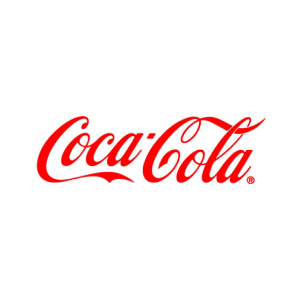
Coca-Cola
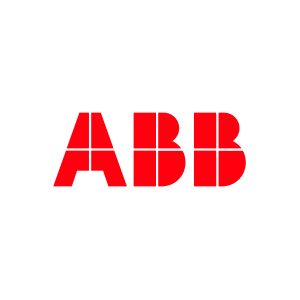
ABB Group
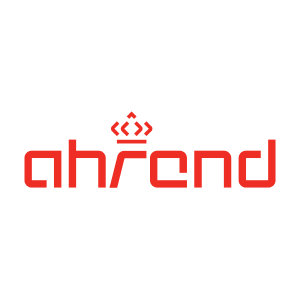
Ahrend
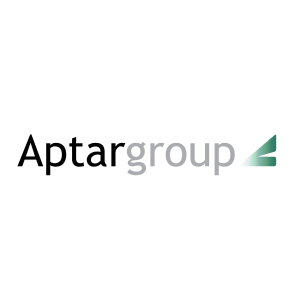
Aptar Group
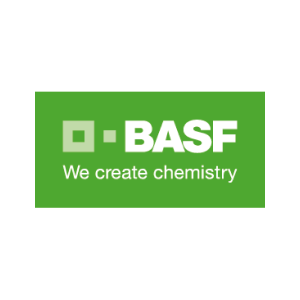
BASF
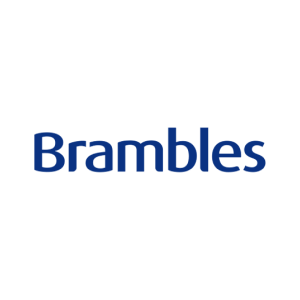
Brambles
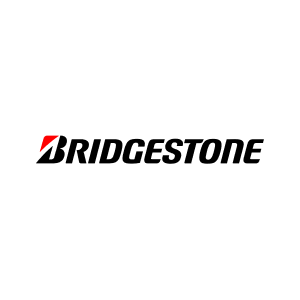
Bridgestone
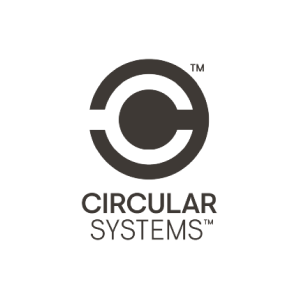
Circular Systems
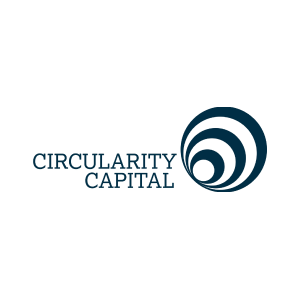
Circularity Capital
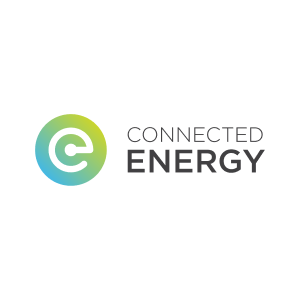
Connected Energy
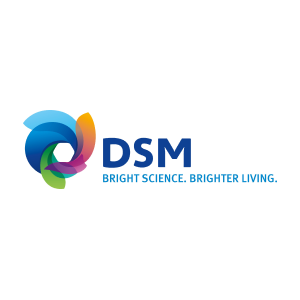
DSM
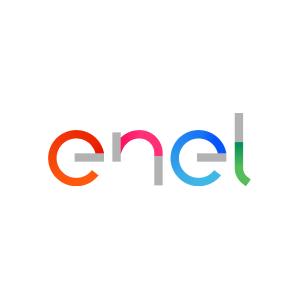
Enel
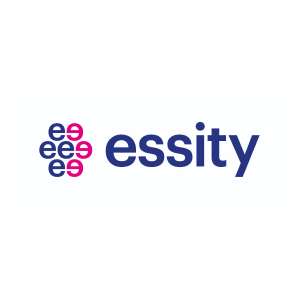
Essity

HP
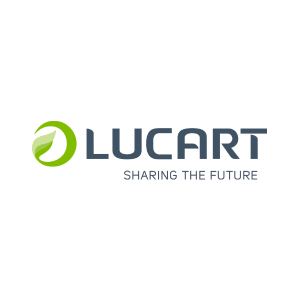
Lucart

Novo Nordisk

Orange
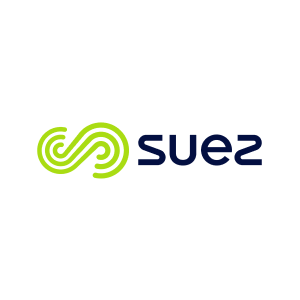
Suez

Sulapac

Tarkett
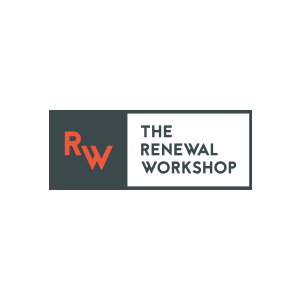
The Renewal Workshop
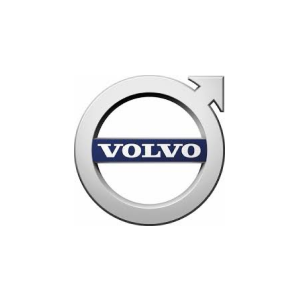
Volvo Car Corporation
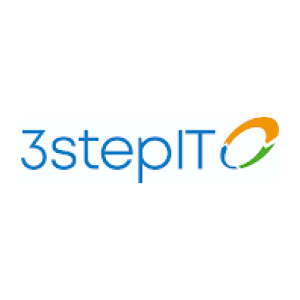
3 Step IT
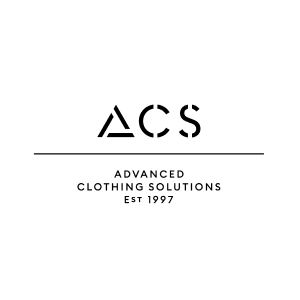
Advanced Clothing Solutions

Alcimed

Angus Upcycling Project
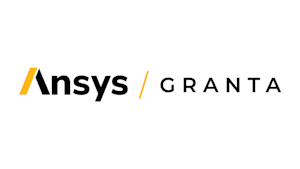
Ansys Granta
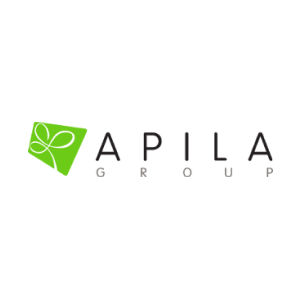
Apila Group

Asociación Local de Economía Circular de Guadalajara

Aquafin
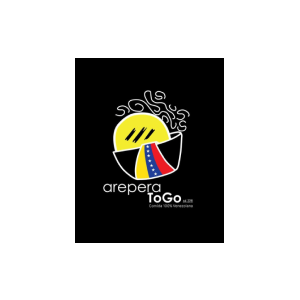
Arepera To Go
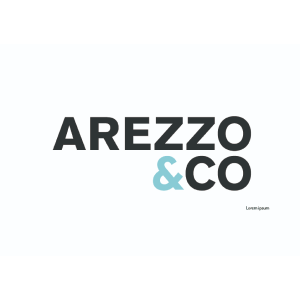
Arezzo&Co

Aria Grace Law

Armedangels
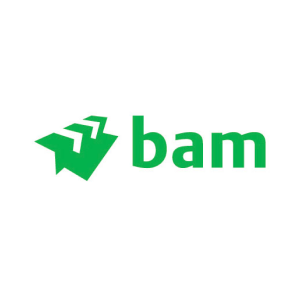
bam
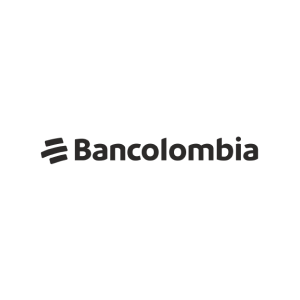
Bancolombia
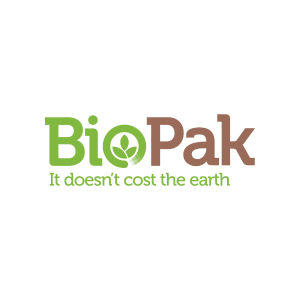
BioPak
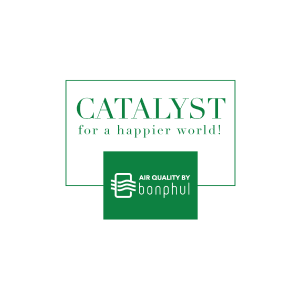
Bonphulapl

Boy wonder
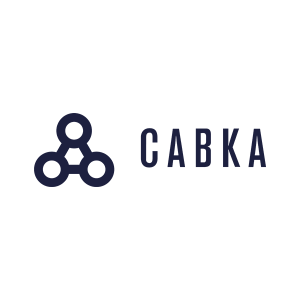
Cabka
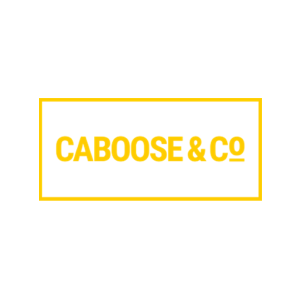
Caboose & co
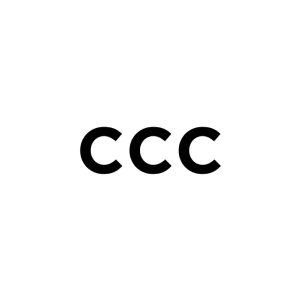
CCC
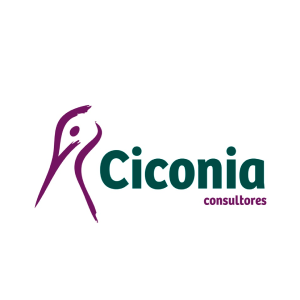
Ciconia
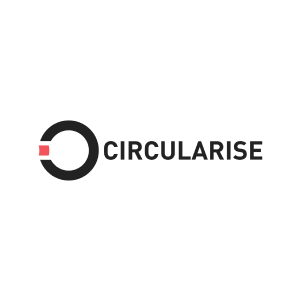
Circularise
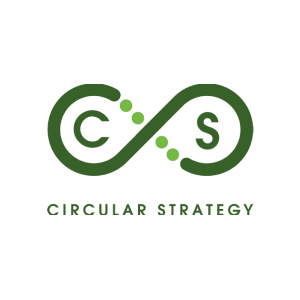
Circular Strategy
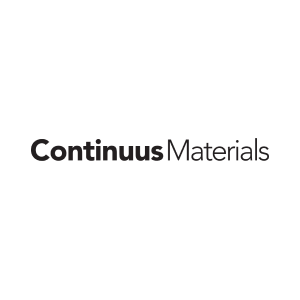
Continuus Materials
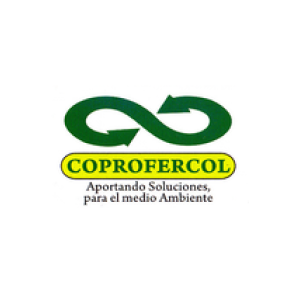
Coprofercol
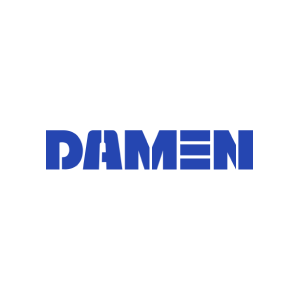
Damen
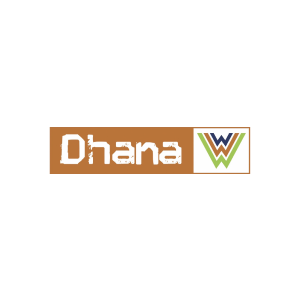
Dhana

ecoins
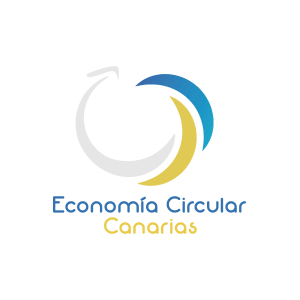
Economía Circular Canarias

Effekt

ELIX Polymers
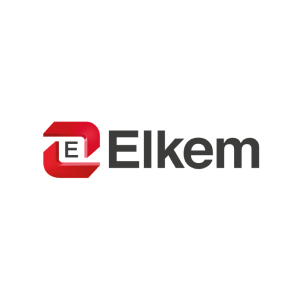
Elkem

ERI
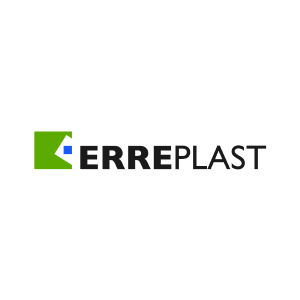
ERRE PLAST

EPOLI

Evertis
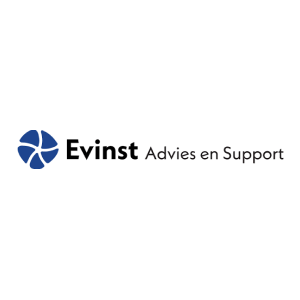
Evinst
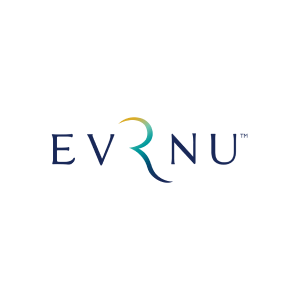
Evrnu

Flint Group

Fuyo Lease Group
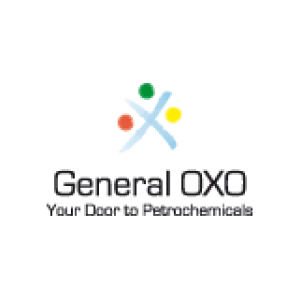
General OXO

Grandiplast

Green Furniture Concept

Green Plat
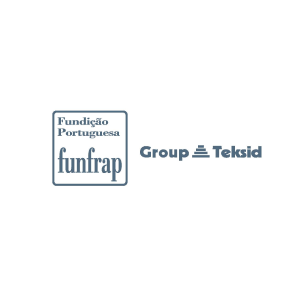
Group Teksid
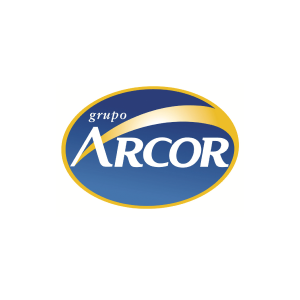
Grupo Arcor
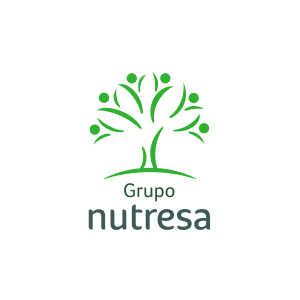
Grupo Nutresa
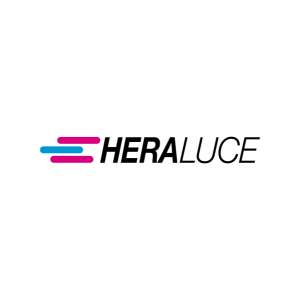
Hera Luce

Herman Miller
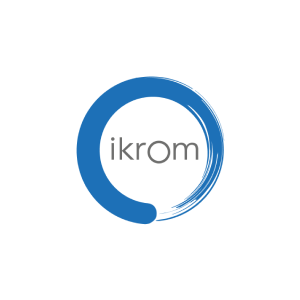
Ikrom
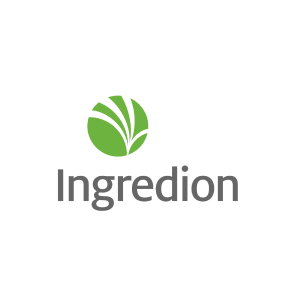
Ingredion
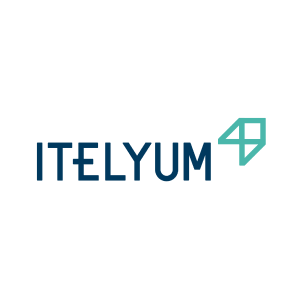
Itelyum
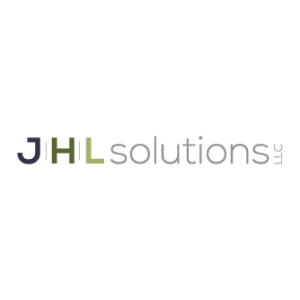
JHL solutions

July28
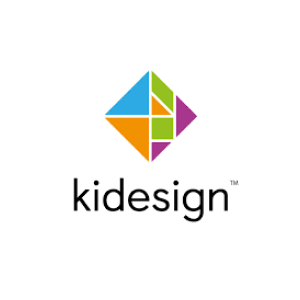
Kidesign
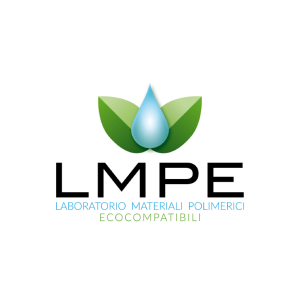
LMPE

L.S.C. Engineering Group S.A.
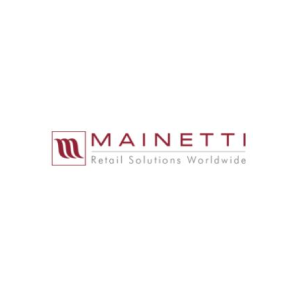
Mainetti
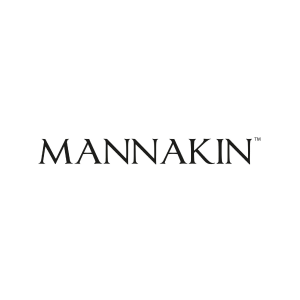
Mannakin
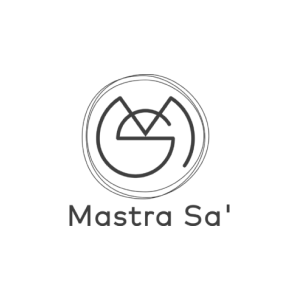
Mastra Sa'
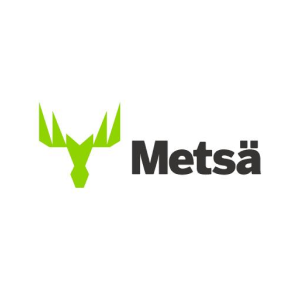
Metsä

MPB
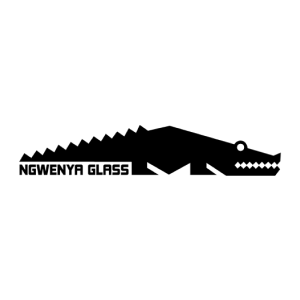
Ngwenya Glass
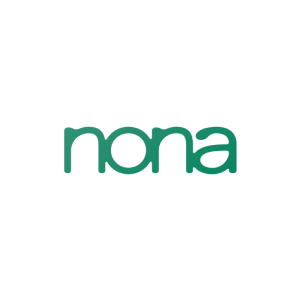
Nona
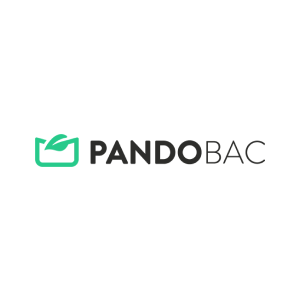
Pandobac
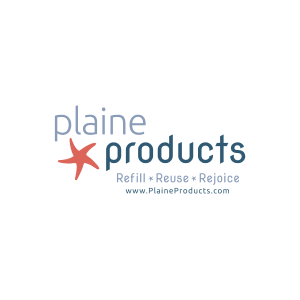
Plaine Products

Plastigaur
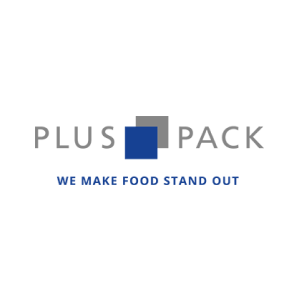
Plus Pack
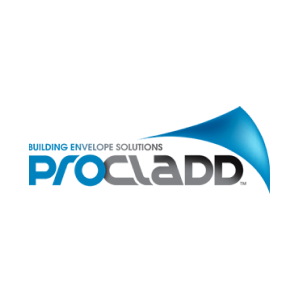
Procladd
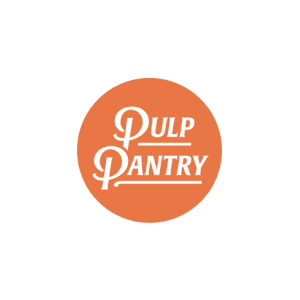
Pulp Pantry
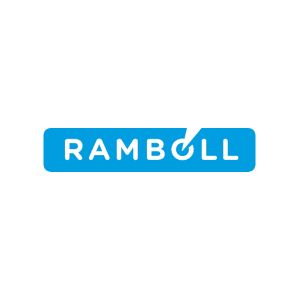
Ramboll

Rediscovery Centre
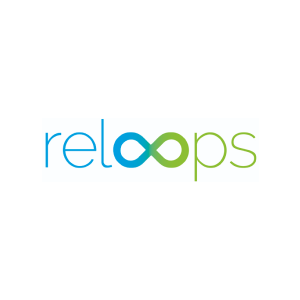
Reloops
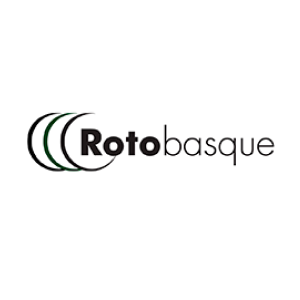
Rotobasque
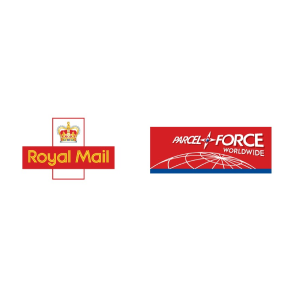
Royal Mail / Parcel Force
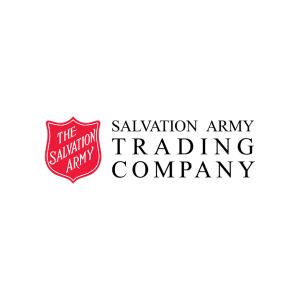
Salvation Army Trading Company

Selenis

Serendipitous Ink
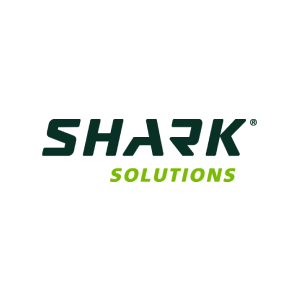
Shark Solutions

Solenis

Solent University

Sostinendo

SusGlobal

T4H
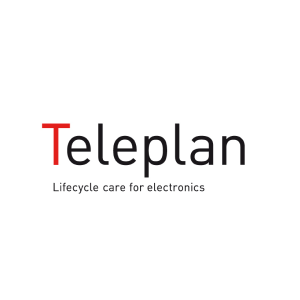
Teleplan
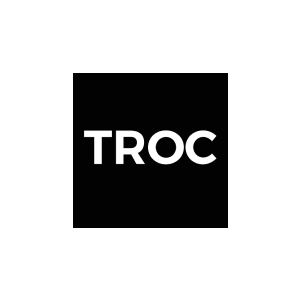
TROC

Trove
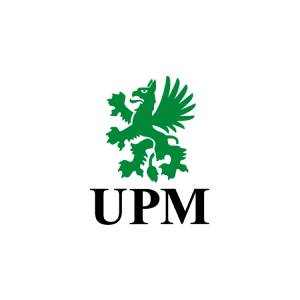
UPM

Ultra Spazio

Veritas
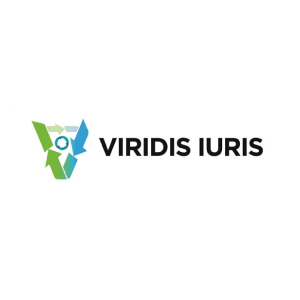
Viridis Iuris

V&V

WayPoint
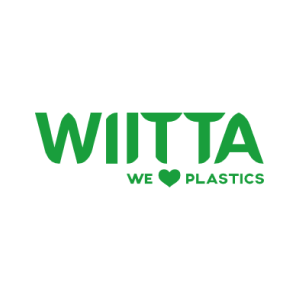
Wiitta
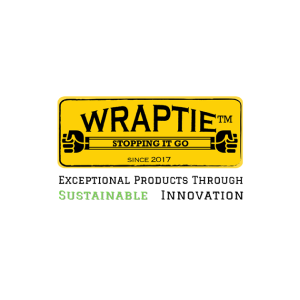
Wraptie

